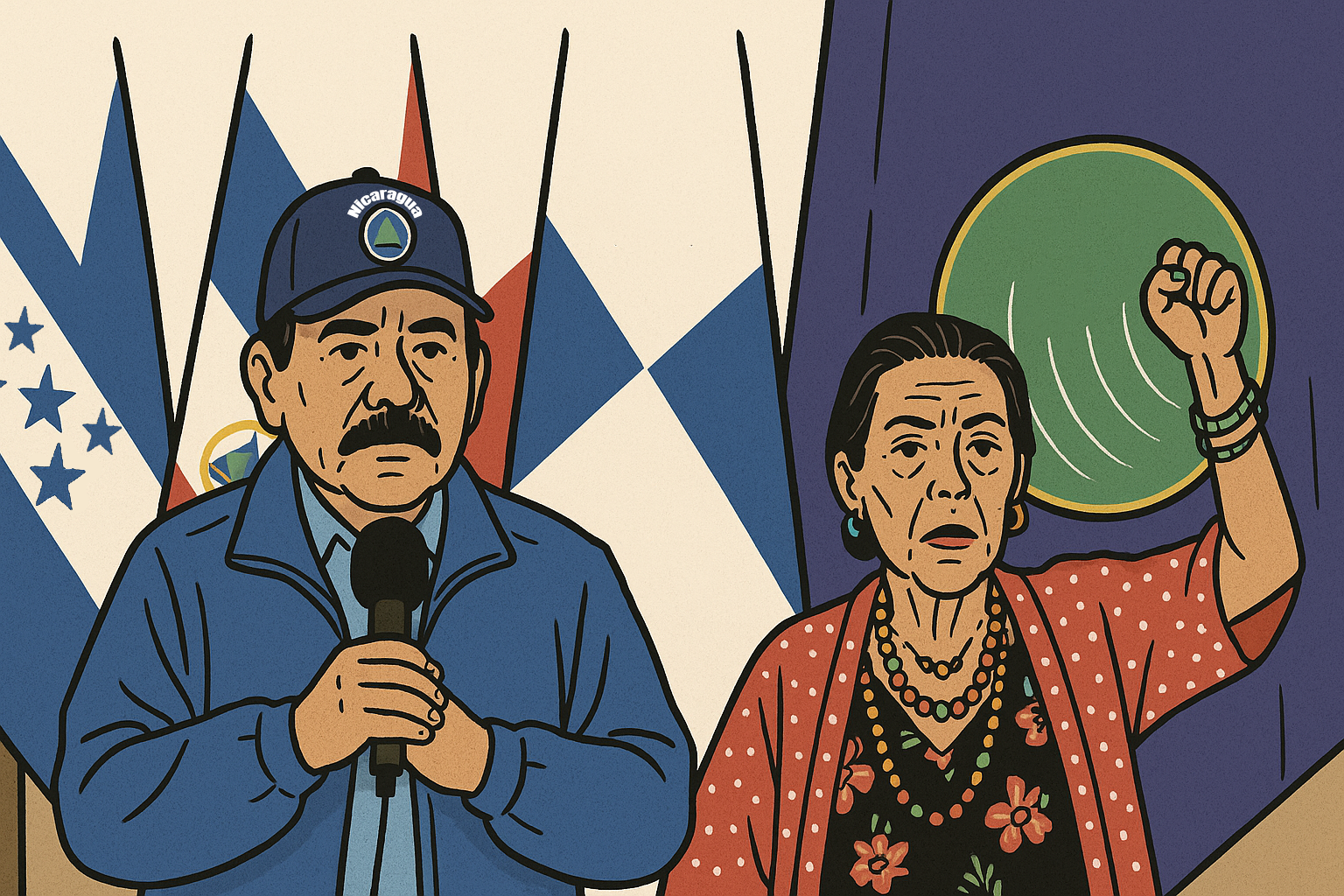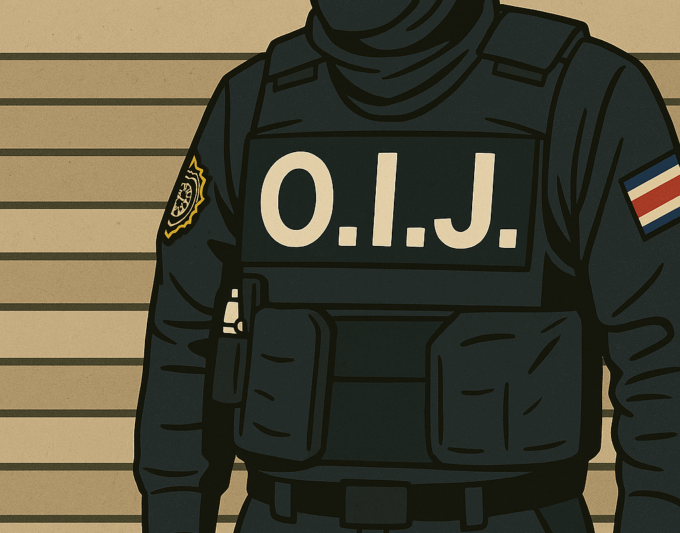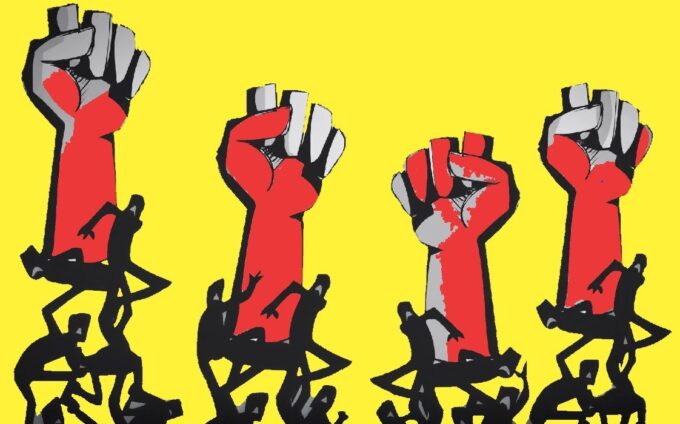The Central American Integration System (SICA) was created with the purpose of promoting peace, democracy, security and development in the region. Within this framework, the General Secretariat of SICA plays a fundamental role as coordinator and leader in the dissemination of these principles. However, the Sandinista regime in Nicaragua, headed by Daniel Ortega and Rosario Murillo, has proven to be incompatible with the essential values of SICA, which makes their occupation of the General Secretariat of the regional organization unviable.
1. Systematic violations of human rights:
One of the fundamental pillars of SICA is respect for human rights. Since 2018, the Ortega regime has been singled out for serious human rights violations, including the repression of peaceful demonstrations, the persecution of political opposition, and the intimidation of journalists. These abuses, which have led to hundreds of deaths and thousands of exiles, directly contravene the fundamental principles on which SICA operates. Assuming the General Secretariat of an organization that promotes human rights under a regime that systematically violates them would be an obvious contradiction.
2. Erosion of democracy and the rule of law:
SICA is founded on democracy and the rule of law as essential principles. However, since Ortega returned to power in 2007, and especially after the 2021 elections, Nicaragua has experienced a worrying setback in its democratic life. The 2021 elections were widely criticized and considered fraudulent, with opposition leaders, journalists and activists being arrested. The lack of transparency, political repression and the absence of access to impartial justice have undermined democratic principles, making the Ortega regime an obstacle, and even a danger, to the objectives of regional integration and cooperation promoted by SICA.
3. Incompatibility with the values of peace and security:
Peace and security in the region are priorities for SICA. However, the Ortega regime has created a climate of polarization, repression and violence in Nicaragua, weakening social cohesion and increasing insecurity. The repression of dissent and the persecution of sectors critical of the government have endangered the stability of the country, generating an environment of insecurity that affects not only Nicaragua, but also its neighboring countries. For SICA, which seeks the peaceful resolution of conflicts and the strengthening of democracies in the region, a government that promotes violence and repression is not an appropriate actor to lead the organization.
4. Lack of commitment to multilateralism and dialogue:
SICA is based on dialogue and multilateral cooperation among its member countries. However, the Ortega regime has shown a clear lack of interest in these principles. Instead of engaging in constructive dialogue with the opposition and civil society, the Ortega government has opted for repression, isolation, and authoritarian control. This stance disqualifies Nicaragua from assuming a leadership role within SICA, since one cannot lead an organization that promotes dialogue and integration from a perspective of exclusion and repression.
5. The risk of institutionalizing authoritarianism:
One of the main concerns about the Sandinista regime assuming the General Secretariat of SICA is the risk that the regional organization will be used to validate or institutionalize authoritarian practices. Allowing a regime with such a questionable record on human rights, democracy, and peace to occupy a key position in SICA sends a dangerous message that the organization is not committed to the values it defends. This could weaken SICA’s credibility and its ability to act as an advocate for democracy and peace in the region.
The Sandinista regime in Nicaragua, led by Ortega and Murillo, has proven to be incompatible with the principles of peace, democracy and human rights promoted by SICA. It also puts at risk the integrity and credibility of the Central American integration system. The General Secretariat of SICA needs someone who represents the fundamental values of the region, such as respect for democracy, the rule of law and human rights. Since the Ortega regime does not reflect these values, it should not have the capacity to lead SICA. The region cannot afford to have an authoritarian and repressive government be the face of Central American integration.




